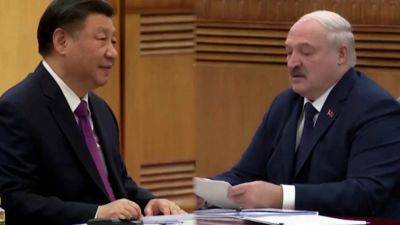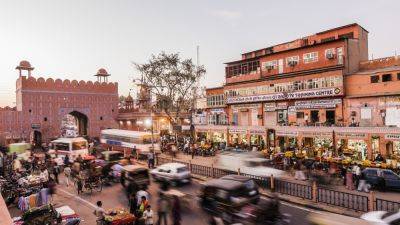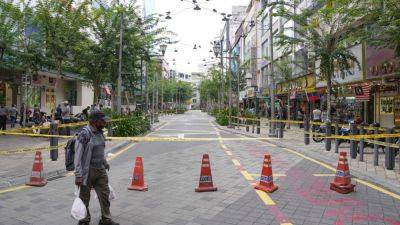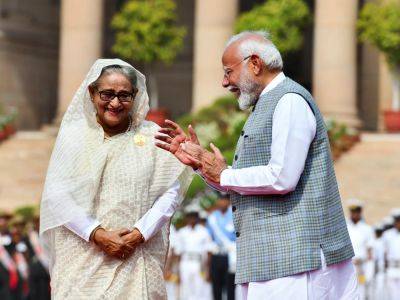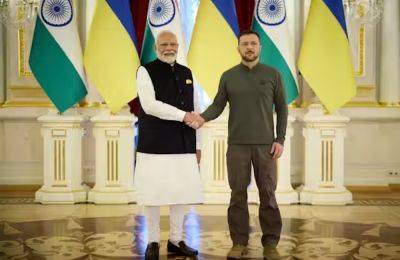What Modi’s historic Ukraine trip means for India’s peacemaker role, Russia ties
Yet for all the fanfare, analysts were quick to temper expectations, describing Modi’s role as a peacemaker as “limited” and unlikely to fundamentally alter the New Delhi- Moscow relationship.
According to India’s Ministry of External Affairs, during Friday’s meeting Modi and Zelensky discussed Ukraine’s peace plan, which centres on restoring the country’s territorial integrity and the withdrawal of Russian troops.
“We say it very loudly and clearly that we support the respect for sovereignty and territorial integrity,” Modi said.
While the specific agreements signed between India and Ukraine on medical, agricultural, humanitarian and cultural cooperation were “obviously significant”, according to Richard Rossow, a senior adviser at the Washington-based Centre for Strategic and International Studies, the Indian leader’s gestures carried greater symbolic weight.
“The signalling effect of visiting the Martyrologist exhibition on children [who have lost their lives in the conflict with Russia] at the National Museum of History of Ukraine was significant too,” Rossow said, pointing to Modi’s earlier comments to Putin that his “heart bleeds” when hearing of the young people killed in the invasion.
Modi and Zelensky also agreed on a joint statement affirming their commitment to developing a strategic partnership – a move analysts saw as India’s effort to balance its long-standing ties with Moscow while engaging more deeply with Kyiv.
09:43
Ukraine war two years on: disease, displacement and demands for aid
After visiting the Martyrologist Exposition, Modi took to social media to express his anguish, posting on X that “conflict is particularly devastating for young children” and that his heart “goes out to the families of children who


